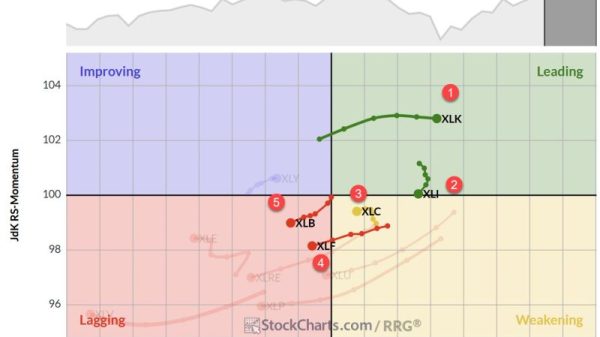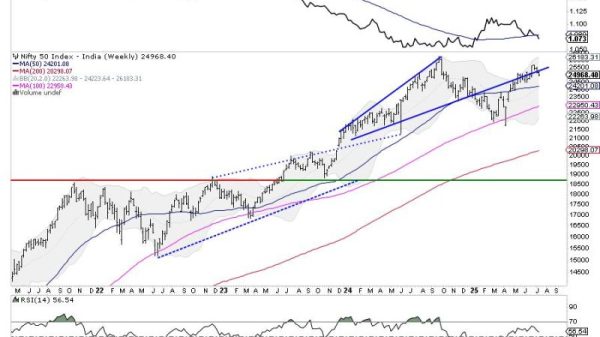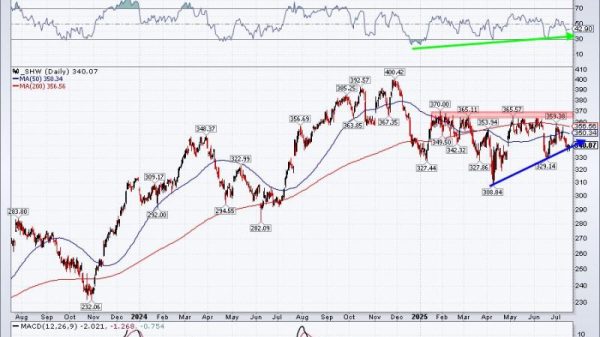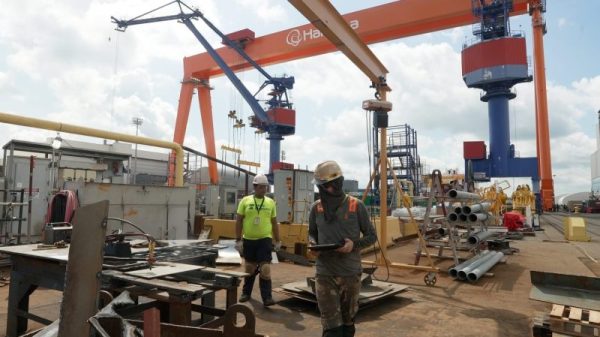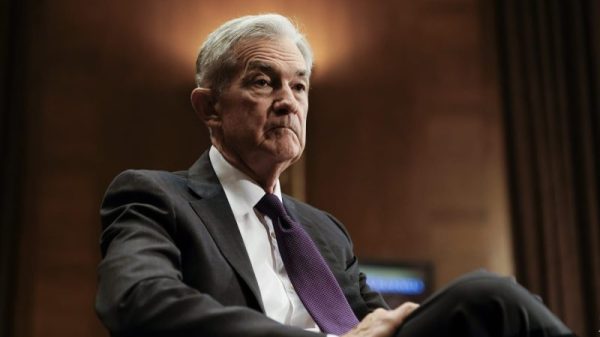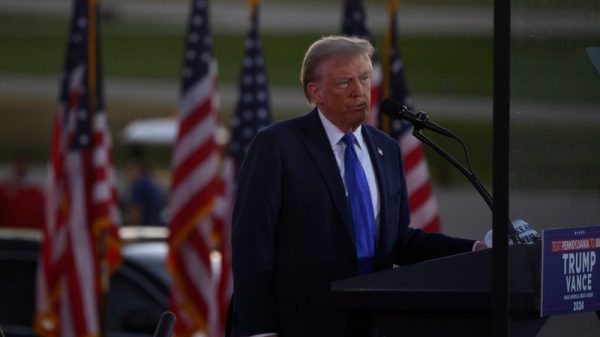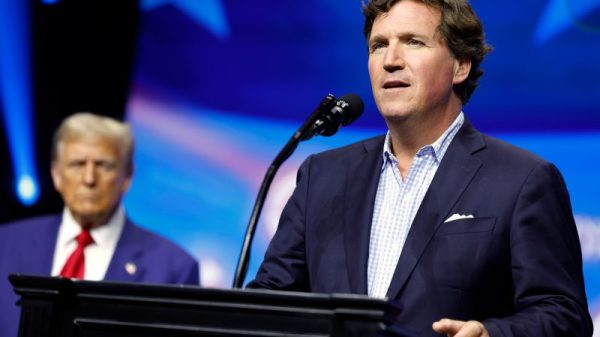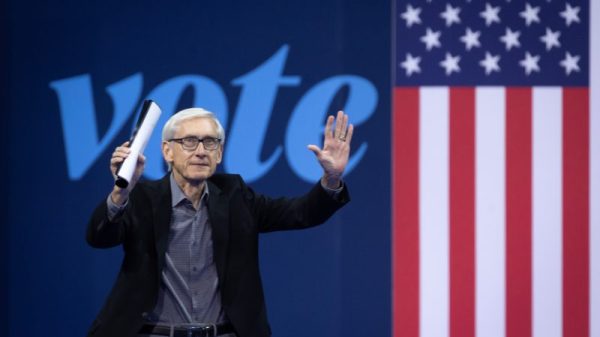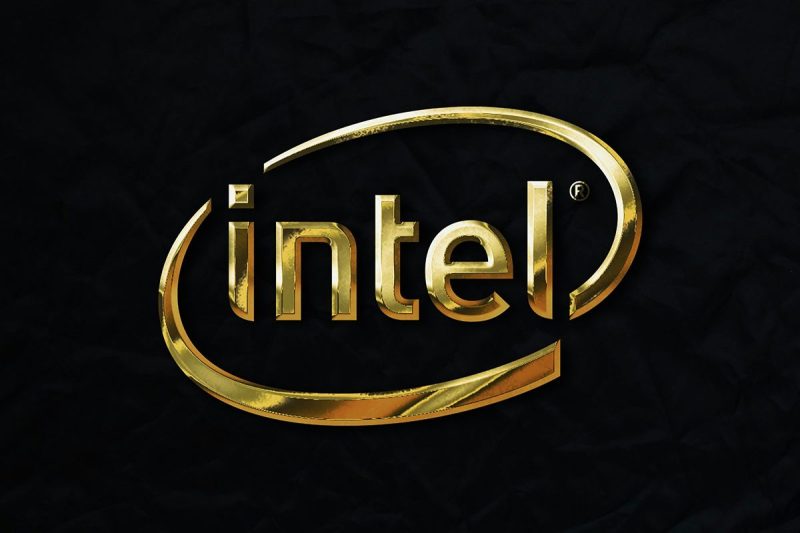Intel (NASDAQ:INTC) is facing legal action from its shareholders following a significant drop in its share price that was triggered by factors such as poor results, job cuts and the suspension of dividends.
The lawsuit, filed in a San Francisco federal court on Wednesday (August 7), alleges that Intel fraudulently concealed business challenges that ultimately led to disappointing Q2 results and a sharp decline in its market value.
The lead plaintiff, the Construction Laborers Pension Trust of Greater St. Louis, claims Intel and its executives made materially false or misleading statements about the company’s manufacturing capabilities and business performance.
It also argues that these statements inflated Intel’s share price between January 25 and August 1 of this year.
According to Reuters, Intel’s share price plummeted by 26 percent to reach US$21.48 on August 2, the day after Intel revealed its Q2 earnings, resulting in a loss of over US$32 billion in market value. The company’s second quarter performance was marked by a net loss of US$1.61 billion and a 1 percent decline in revenue to US$12.83 billion.
After Intel published its Q2 earnings, it sent a note to employees announcing plans to cut over 15,000 job cuts — more than 15 percent of its workforce — and suspend dividends starting in Q3 in order to save US$10 billion by 2025.
These actions have not gone over well with investors, who feel blindsided by the extent of the company’s difficulties.
Along with a dip in revenue during the second quarter, Intel’s gross margins also slipped, with the company posting a GAAP loss per share of US$0.38 compared to earnings of US$0.35 in the same period last year.
“Our Q2 financial performance was disappointing, even as we hit key product and process technology milestones,” said Intel CEO Pat Gelsinger, noting that H2 trends have been more challenging than expected.
“We are leveraging our new operating model to take decisive actions that will improve operating and capital efficiencies while accelerating our IDM 2.0 transformation,’ he added.
Likewise, Intel CFO David Zinsner said the company’s accelerated ramp-up of its artificial intelligence PC product, coupled with charges related to non-core businesses, contributed to gross margin pressures.
However, Zinsner expressed confidence that the cost-saving measures, including the workforce reductions, will strengthen Intel’s balance sheet and support long-term value creation for shareholders.
The market reaction to Intel’s announcements has been swift and severe. The company’s share price closed at US$18.99 on the day the lawsuit was filed, representing a 34.6 percent drop since the Q2 earnings announcement.
Market analysts have noted that Intel’s decision to suspend its dividend, a move aimed at preserving cashflow and reinvesting in the business, was a significant factor in the negative market response. The company’s struggles in its foundry business, where it manufactures chips for third-party customers, have been particularly concerning to investors.
The additional costs associated with this segment, coupled with declining revenues, have raised questions about Intel’s ability to compete effectively with big-name rivals like Advanced Micro Devices (NASDAQ:AMD), NVIDIA (NASDAQ:NVDA) and Taiwan Semiconductor Manufacturing Company (NYSE:TSM,TPE:2330).
The recent launch of Intel’s next-generation Lunar Lake processors is seen as an attempt to regain its competitive edge.
However, the instability surrounding its 13th and 14th generation chips has cast a shadow over these efforts, with some analysts questioning whether Intel will be able to address these issues in time to reverse its fortunes.
Securities Disclosure: I, Giann Liguid, hold no direct investment interest in any company mentioned in this article.





